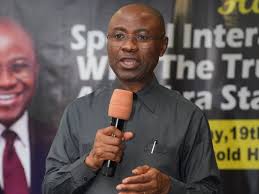
Candidate of the African Democratic Congress (ADC), John Chuma Nwosu, has denounced the outcome of the just-concluded Anambra State governorship election, describing it as “a national embarrassment” and “a setback for democracy.”
Reacting to the declaration of Governor Chukwuma Soludo as winner of the poll, Nwosu alleged that the process was marred by open vote-buying across polling units, where voters were induced with sums ranging from ₦3,000 to ₦20,000. He said what transpired was not an election, but “a cash-and-carry contest that turned polling units into trading stalls.”
“True victory is not measured by the result but by the integrity of the process,” Nwosu said. “An election riddled with corruption, manipulation, and vote trading cannot and will never represent the voice of the people. A shambolic election only confers a shambolic mandate.”
In a statement released on Sunday, the ADC flagbearer categorically rejected the outcome, describing the process as “a ruse and a total subversion of the people’s will.” He insisted that the people of Anambra had been denied the right to freely choose their leader, and that the Independent National Electoral Commission (INEC) failed to uphold its duty to safeguard the sanctity of the ballot.
“What took place was not democracy. It was a bazaar of desperation and greed. The conscience of our democracy has been wounded. When votes are bought, the future is sold,” he lamented.
While refraining from disclosing whether he would pursue legal redress, Nwosu declared that his struggle was beyond the ballot box. According to him, the movement he represents is not about winning at all costs, but about “redefining governance” and “building a new Anambra anchored on values, transparency, and technological innovation.”
“Our mission was never about power for power’s sake,” he noted. “It was about proving that integrity can still win elections in Nigeria — and though we did not win the numbers, we won something far greater: the moral high ground.”
Nwosu also criticized the failure of state institutions and security agencies to prevent vote trading, saying their silence in the face of electoral malpractice was an endorsement of decay.
“When institutions fail to defend fairness, they lose the moral right to declare winners. Until this culture of electoral corruption ends, Nigeria cannot claim to be a democracy but merely a nation addicted to deceit,” he said.
Despite the setback, Nwosu expressed deep gratitude to his supporters, campaign team, and party members who, according to him, “chose honour over compromise, truth over deceit, and conviction over convenience.”
“You are the true defenders of democracy,” he told them. “This struggle continues. We will not surrender. We will not be silent. Our movement will keep pressing until the people of Anambra can freely choose their leaders without fear or inducement.”
With his words, Nwosu framed the election not just as a political loss, but as a moral one, a moment that calls Nigerians to question the soul of their democracy.
If Nigeria’s elections have become a marketplace, as Nwosu describes, then perhaps the loudest question now is: who will buy back the nation’s conscience?

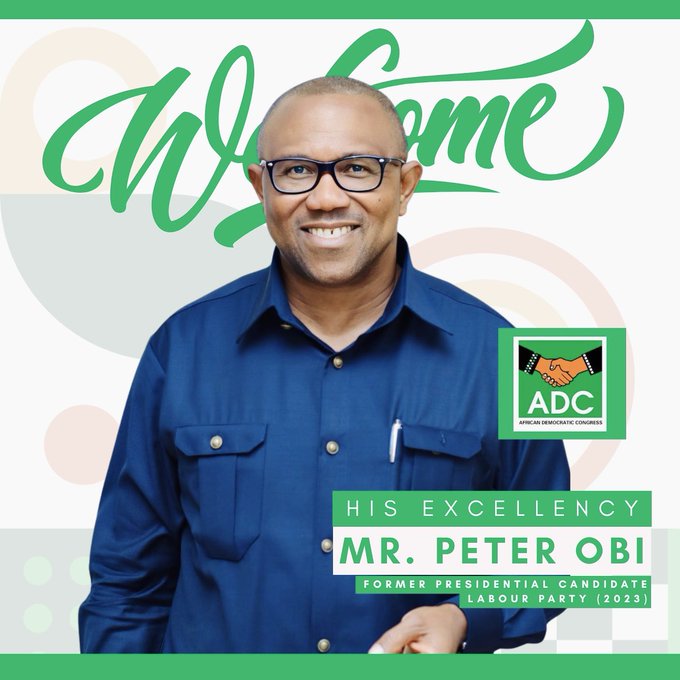
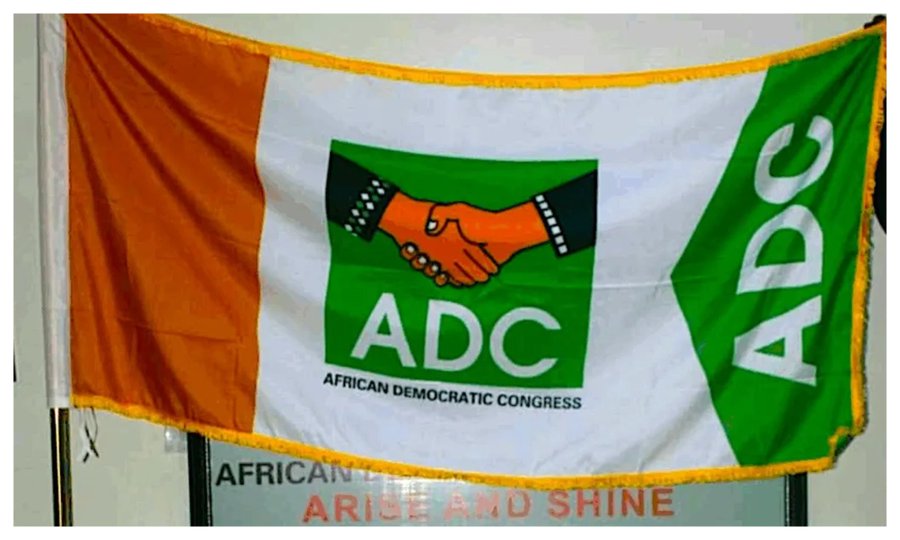

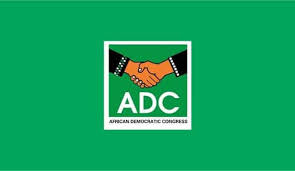
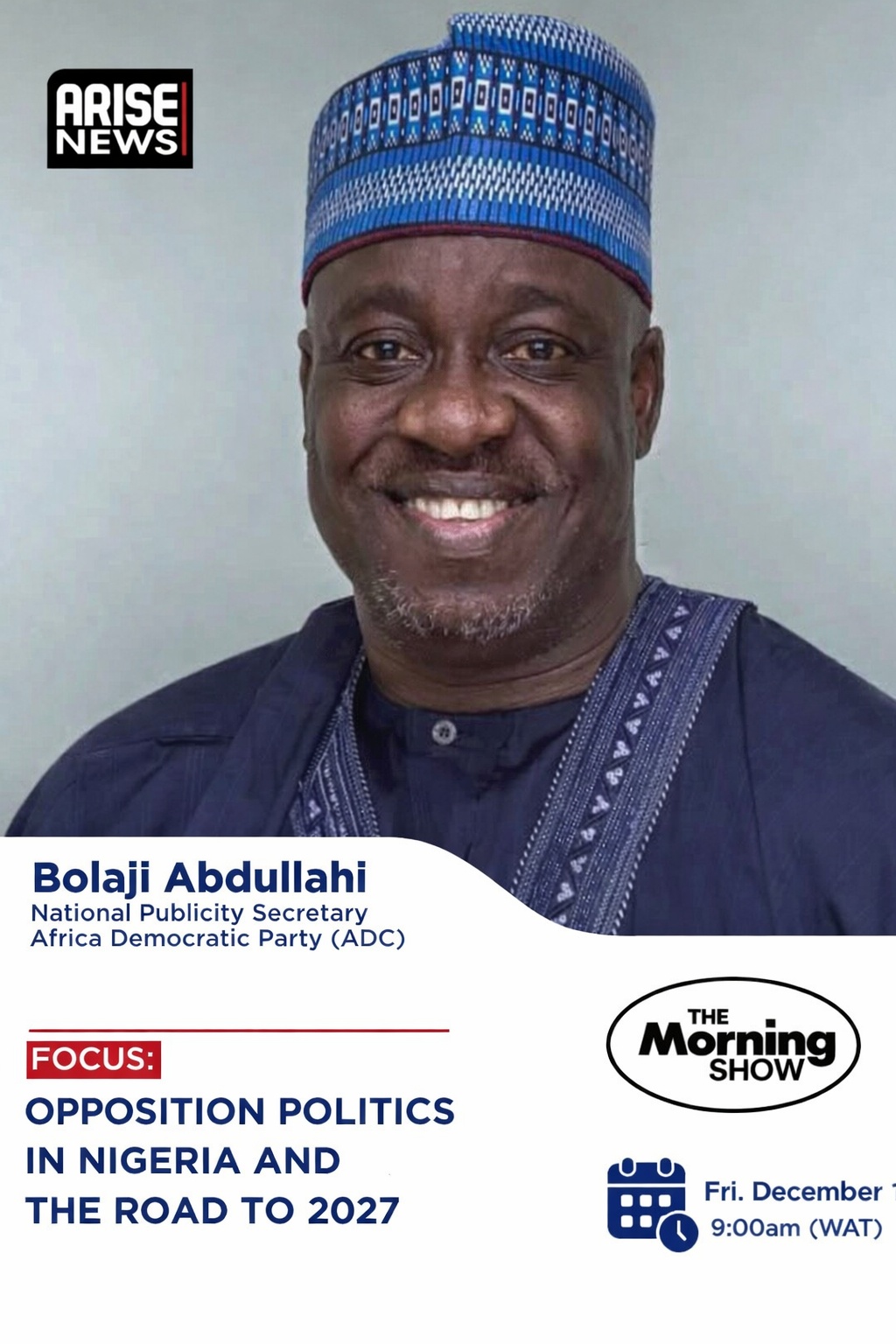

Comments (1)
gBqsPxAZ
06 Dec, 2025 at 05:01 PM1